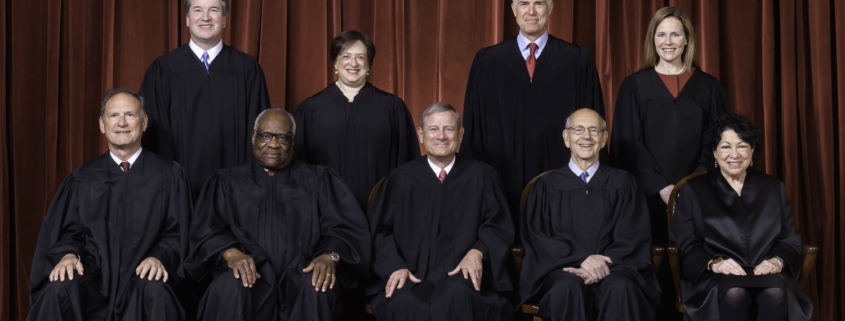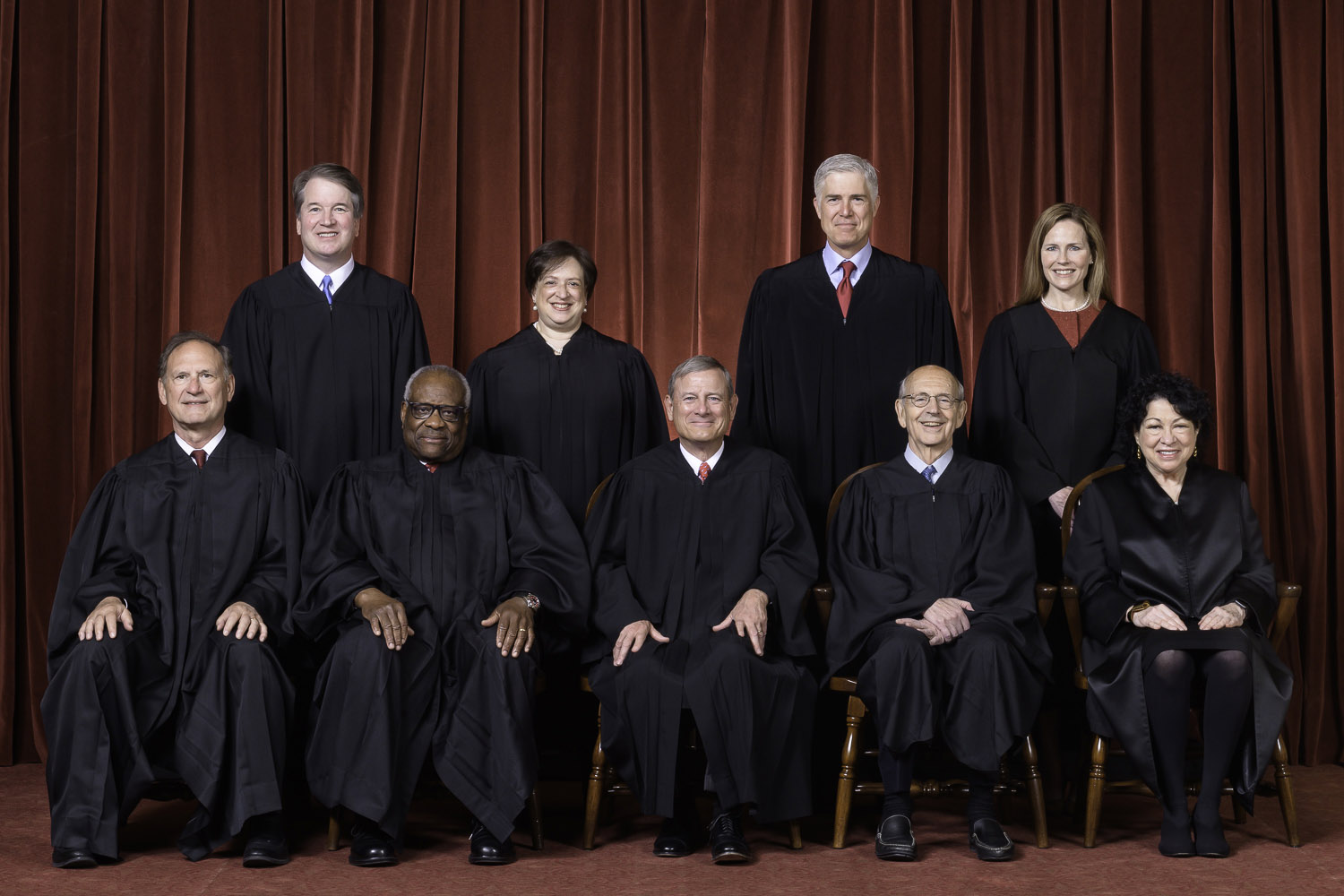The Supreme Court Will Hear Arguments in Texas Heartbeat Act Case
The Supreme Court has taken up the Biden administration’s lawsuit against the Texas Heartbeat Act and will hear oral arguments next Monday, November 1. This will not be an argument about the incorrectness of Roe and Casey. The Court has limited its consideration to one issue: “May the United States bring suit in federal court and obtain injunctive or declaratory relief against the State, state court judges, state court clerks, other state officials, or all private parties to prohibit [the Texas Heartbeat Act] from being enforced.”
I’m fluent in legalese (thank you, University of Virginia School of Law), so allow me to translate this into plain English. “Injunctive” describes an injunction, which prohibits a party from doing something. “Declaratory” describes an order in which a court determines (“declares”) a party’s rights or obligations.
Both injunctive and declaratory forms of relief are applied to parties – that is, a plaintiff or a defendant in a lawsuit. If someone is possibly going to be subject to an injunction or a declaration, that person must have an opportunity to make their case to the judge first; that’s basic due process. For that reason, injunctions and declarations are not supposed to just exist in the ether, unconnected to any party.
But that is what the Biden administration is requesting here: an injunction or declaration against “all private parties” who might sue someone for aiding or abetting the killing of a preborn child under the Texas Heartbeat Act. “All private parties” would encompass every pro-life person in the State of Texas, and obviously, they aren’t parties to this lawsuit. Neither are the individual “state court judges, state court clerks, [or] other state officials” who might preside over future Texas Heartbeat Act cases.
If this case were not about abortion, the answer would be obvious and dull: you can’t obtain injunctive or declaratory relief against non-parties. But since this is an abortion case, and abortion industry supporters deeply resent Texas legislators’ clever procedural maneuver to protect babies in the womb, expect next week’s argument to be quite spicy indeed.
Justice Sotomayor has already set the tone, writing a deeply disturbing opinion which accompanied the November 1 scheduling order. (I’m pleasantly surprised that none of the other pro-abortion Justices joined her screed.) You can read the whole thing at this link; if you’d just like a flavor, here are some highlights, in which I’ve replaced euphemisms like “abortion care” with the reality of the situation:
- “The promise of future adjudication offers cold comfort, however, for Texas women seeking [to kill their unborn children with heartbeats] who are entitled to relief now. These women will suffer personal harm from [their children’s continued survival], and as their pregnancies progress, they may even be unable to obtain [a dead baby] altogether. Because every day the Court fails to [allow the killing of Texas babies to resume] is devastating, both for individual women and for our constitutional system as a whole, I dissent.”
- “On a human level, the District Court relied on credible declarations that described the threat of liability under [the Texas Heartbeat Act] as ‘nothing short of agonizing’ for [Texans who kill helpless unborn babies for profit].”
- “Those without the ability to [travel to an abortionist outside of Texas], whether due to lack of money or childcare or employment flexibility or the myriad other constraints that shape people’s day-to-day lives, may be forced to [let their babies live and be born] against their wishes…”
During the Sotomayor confirmation hearings, she testified that “The process of judging is a process of keeping an open mind. It’s the process of not coming to a decision with a prejudgment ever of an outcome.” Those were the days.
[Photo credit: Supreme Court of the United States]




Leave a Reply
Want to join the discussion?Feel free to contribute!